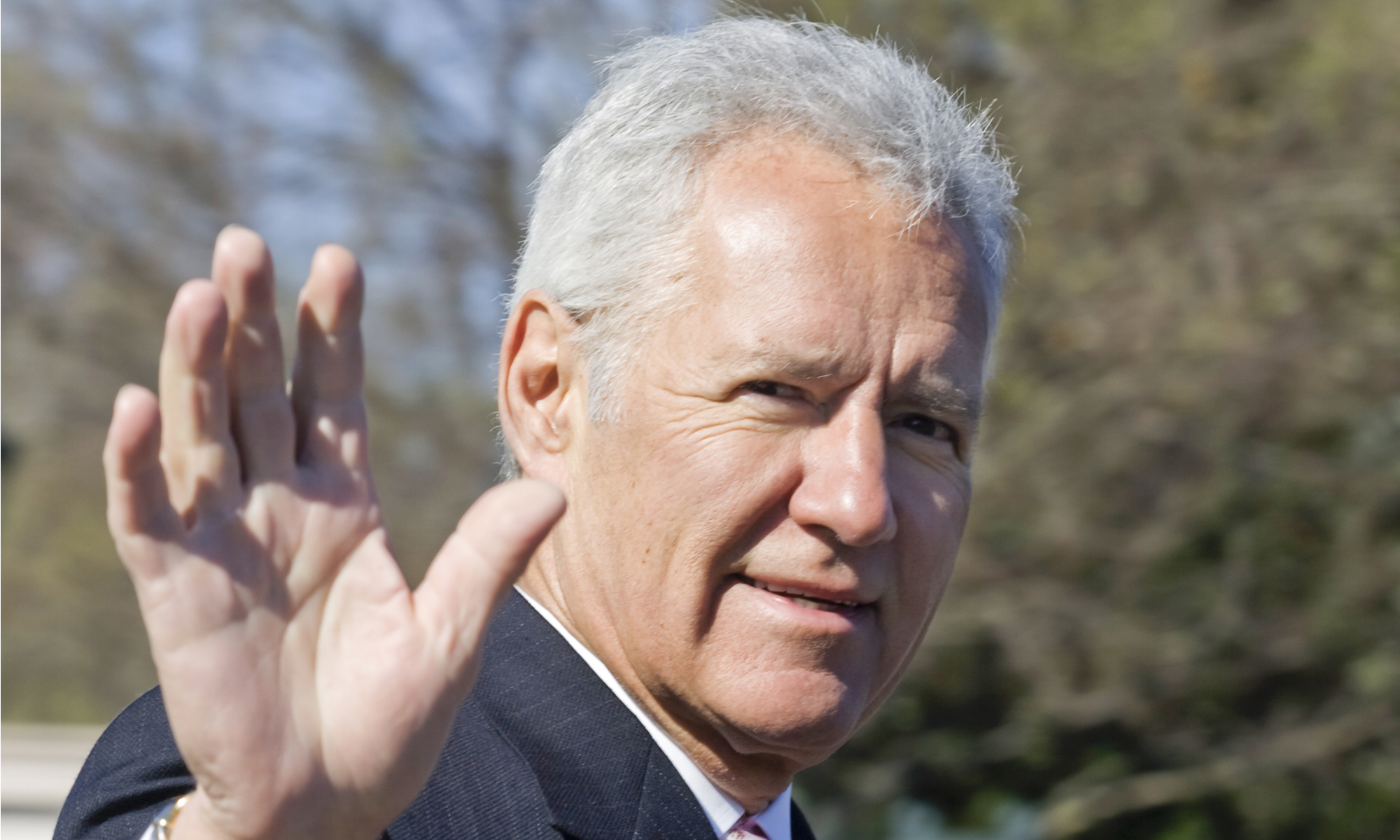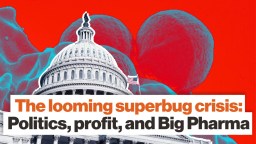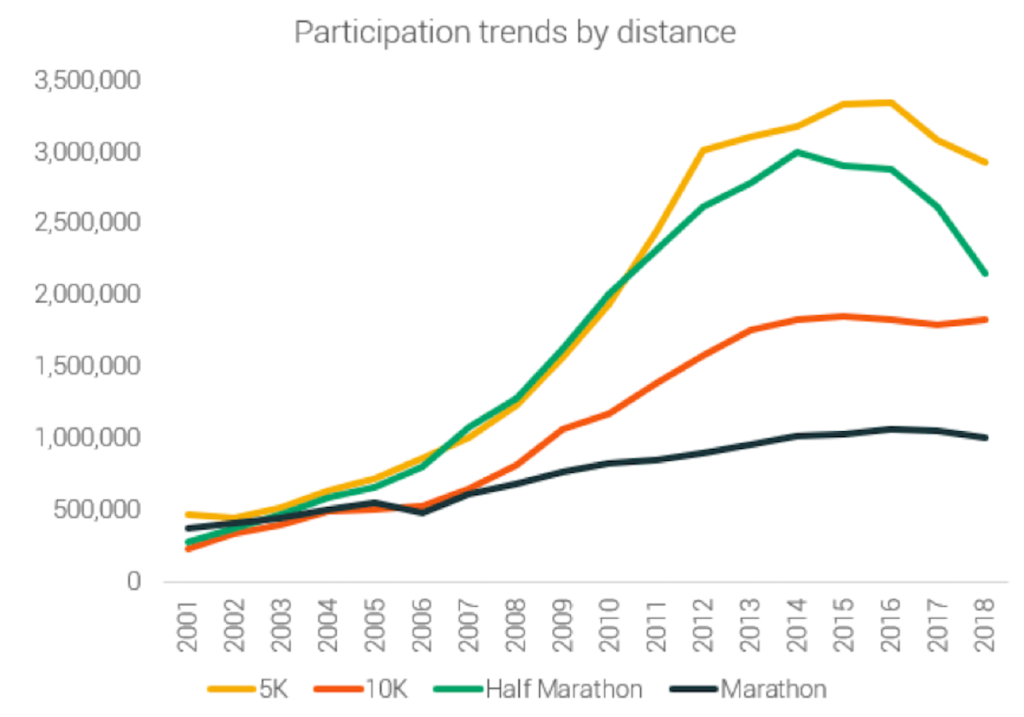Health
All Stories
A unique 3D model allows researchers to explore embryonic development.
A new study highlights the secondhand effects of drinking, arguing that higher taxation could curb problems.
The “dangerous people” framework is a myth.
A new study has bad news for those who binge watch TV.
What foods are women reaching for? Carbs and fats and sweets.
A robotic teddy bear could improve physical and emotional outcomes in pediatric patients.
A recent report compared the youth marijuana usage rates across the U.S. states, revealing some surprising differences.
A new study found that smoking cannabis at a young age is associated with reduced brain volume in a region responsible for processing emotions on people’s faces.
Our favorite over-the-counter medication has its limits.
The more we learn about the microbiome, the more the pieces are fitting together.
We’re going to have to reckon with our workweek sooner than later.
Here’s how we stop a health crisis before it wreaks havoc on us.
▸
15 min
—
with
Americans’ acceptance and desire of “dad bod” is increasing every year.
Scientists may have seen a way to cure a maddening symptom of hearing loss.
The U.S. law regulating the cosmetics industry was passed in 1938, and it hasn’t been significantly updated since.
Michael Pollan explains what goes on during the mental fireworks of a psychedelic experience.
▸
5 min
—
with
Three academic papers from Australia shows sizable bone spurs growing at the base of our skulls.
The study highlights the incredible neuroplasticity of the brain.
A new study posits that sleep deprivation decreases civic participation.
Does wishing someone well actually affect their health?
Technology may soon grant us immortality, in a sense. Here’s how.
▸
4 min
—
with
Could ketosis be the answer to preventing deadly seizures during deep-diving missions?
Spending between 120–300 minutes per week in nature shown to increase wellbeing.
That’s only counting revenues from taxes, fees, and licenses.
Can dirt help us fight off stress? Groundbreaking new research shows how.
FDA guidelines say men can’t donate blood if they’ve had sex with another man in the past 12 months.
“Bottom line: It’s probably best to set your alarm for a specific time and get up then.”





























